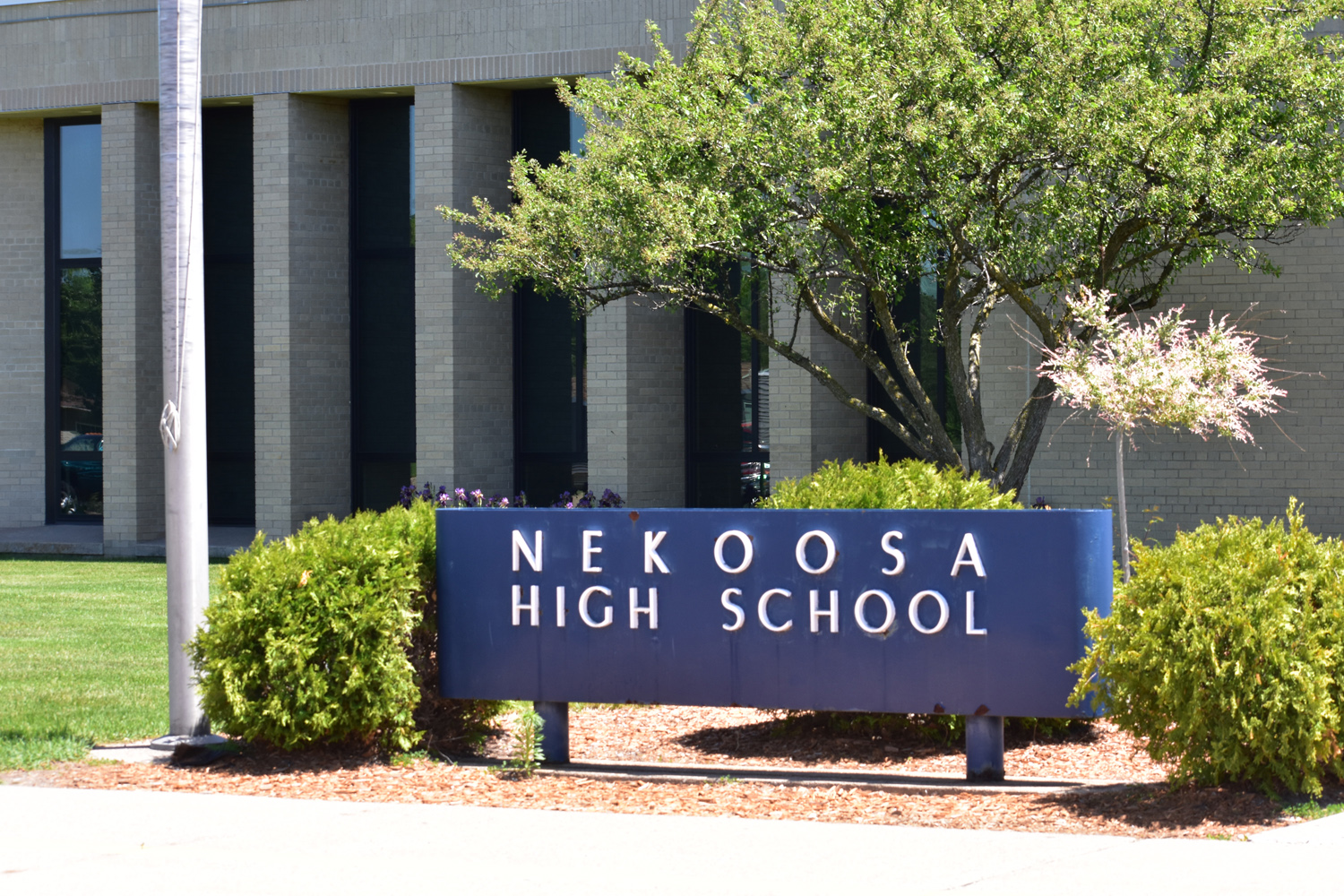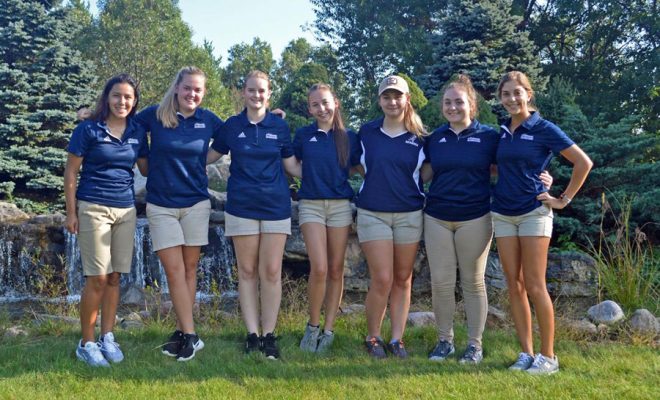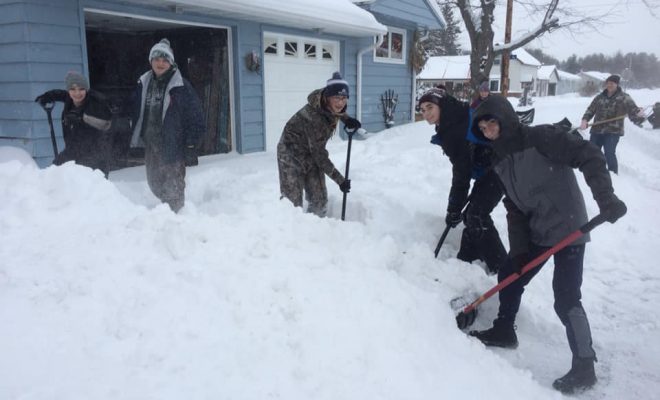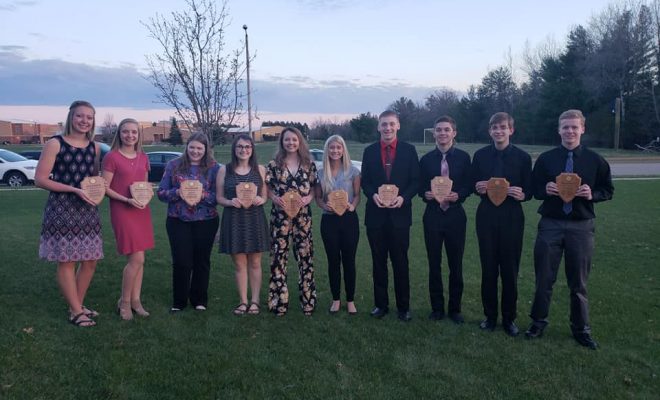Airgas launches partnership with Nekoosa High School

For the Rapids City Times
NEKOOSA – As part of an ongoing initiative, Airgas, an Air Liquide company, is partnering with the welding education program at Nekoosa High School to provide recurring material donations and educational support.
Nekoosa High School was selected as one of six new high school project partners for the 2018-2019 school year. Airgas District Manager Jed Owen and Account Manager Dale Fluno recently met with Nekoosa High School representatives to donate welding equipment that will help transform the welding instruction and technology education at the school.
The school had been operating with equipment that was 15-30 years old, donated by a variety of businesses.
Airgas associates will work alongside teachers and school officials to provide necessary support over the coming years, in a collective effort to provide comprehensive welding training programs and prepare students for successful careers in the welding industry.
“Students have become very excited about welding opportunities, often coming to school early, staying late, and even seeking opportunities on non-school days to practice their skills,” said Associate Principal Megan Kautzer. “The School District of Nekoosa focuses on preparing students to succeed in a global community. With the increased demand for graduates who are ready for trade careers, Nekoosa High School seeks to develop community partnerships that give students hands-on experiences. With the new equipment we are also looking at developing an adult enrichment program to have the students teach community members how to weld.”
While the welding industry is currently facing a shortage in skilled labor and STEM graduates, the field of welding is also undergoing a rapid transformation and evolution in manufacturing technologies. There are more jobs than welders, and many of the jobs now require advanced skill sets to program and operate new robotic and automated cutting systems. Studies show that by 2025, nearly 3.5 million manufacturing jobs will need to be filled, and 2 million are expected to go unfilled due to a skills gap.






